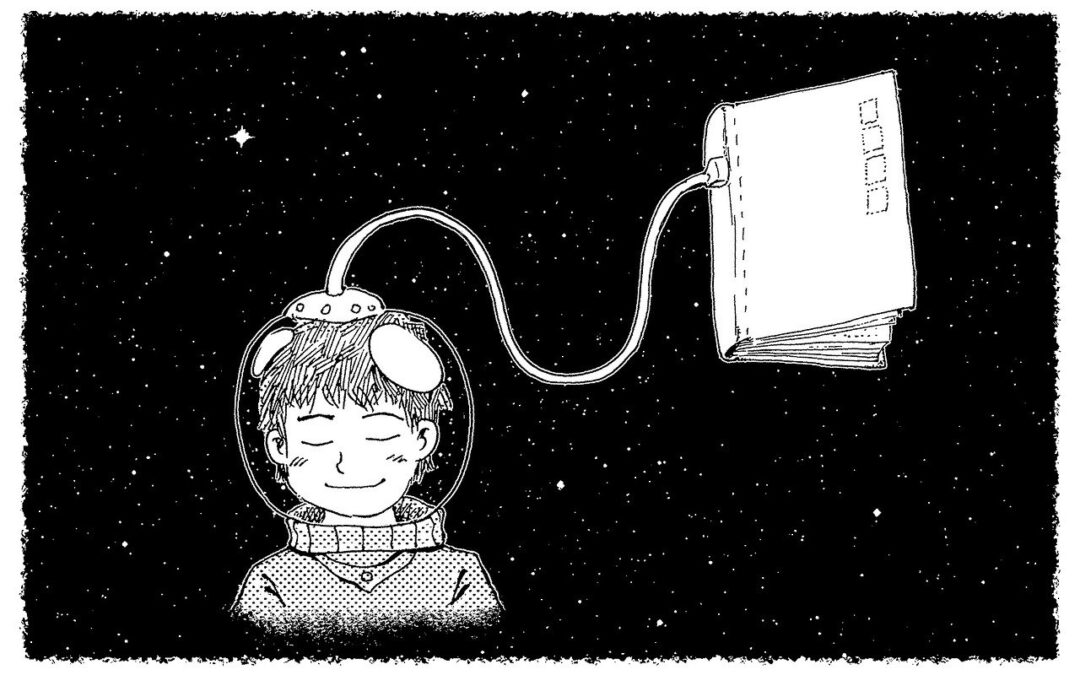Dreams, those surreal narratives that unfold in our minds during sleep, have intrigued humanity for centuries. From ancient civilizations interpreting dreams as divine messages to modern psychologists viewing them as a window to the unconscious mind, dreams have always held a certain mystique. Recently, researchers have begun exploring an intriguing aspect of dreams – their connection to our mental health. This article will delve deeper into how dreams can provide valuable insights into our mental well-being and why understanding them is crucial for maintaining psychological balance.
Understanding Dreams
Before exploring the connection between dreams and mental health, it’s essential to comprehend what dreams are and why we experience them. Dreams are complex phenomena involving stories and images our mind creates while we sleep. They can range from vividly realistic to bizarrely abstract, encompassing a broad spectrum of themes and emotions.
The purpose of dreams remains a topic of ongoing debate among scientists. Some theories propose that dreams aid in memory consolidation, allowing us to process and store information from the day. Others suggest dreams play a role in problem-solving or emotional regulation.
Dreams can take various forms, like normal dreams, nightmares filled with fear or anxiety, and lucid dreams where dreamers are aware they’re dreaming and can often control aspects of the dream. Each type of dream offers unique insights into our subconscious mind and, consequently, our psychological state.
Link Between Dreams and Mental Health
Our mental state has a significant influence on our dreams. Stressful situations or anxiety might lead to unsettling dreams or nightmares, while periods of happiness and relaxation may result in more pleasant dream experiences.
Scientific research substantiates this relationship between dreams and mental health. For instance, studies have found that individuals suffering from depression often dream about themes reflecting their waking-life despair and hopelessness. Similarly, people diagnosed with anxiety disorders may experience frequent nightmares, indicative of their heightened daily distress.
Dreams as Indicators of Mental Health Issues
Dreams can potentially indicate specific mental health conditions. For example, recurring nightmares fraught with themes of trauma could suggest post-traumatic stress disorder (PTSD). People battling depression may frequently dream about loss, failure, or rejection, mirroring their feelings of worthlessness or desolation in waking life.
However, it’s crucial to remember that occasional nightmares or negative dreams don’t necessarily signal a mental health disorder. Dreams are influenced by a multitude of factors, and an isolated distressing dream might simply reflect a stressful day or a scary movie watched before bed. But, if distressing dreams persist and are accompanied by other symptoms like mood swings, chronic fatigue, or changes in appetite, it could be a sign of an underlying mental health issue warranting professional attention.
Using Dreams to Monitor and Improve Mental Health
Dreams can be a powerful tool for monitoring and improving mental health. Keeping a dream journal, where you jot down your dreams each morning, can help track changes in our dream patterns and identify recurring themes or symbols. These patterns could potentially reflect shifts in your mental well-being over time, serving as an early warning system of sorts.
Dream Journals: Tracking Patterns and Themes
One of the most effective ways to use dreams for mental health monitoring is by keeping a dream journal. Upon waking each morning, write down as much as you can remember about your dreams. Over time, you may begin to notice patterns or recurring themes.
These patterns can reveal a lot about your mental state. For instance, frequent dreams about being chased could indicate that you’re feeling threatened or anxious in your waking life. Dreams about failing or falling might suggest feelings of insecurity or fear of failure.
By identifying these patterns, you can better understand your subconscious worries and fears. You can then address these issues directly, either through self-reflection or with the help of a mental health professional.
Dream Interpretation: Uncovering Subconscious Thoughts and Feelings
While dream interpretation is a subjective process, it can be a powerful tool for exploring our subconscious mind. Common dream symbols and themes can often be linked to specific thoughts, feelings, or experiences.
For example, dreaming about losing teeth is commonly associated with feelings of powerlessness or loss of control. On the other hand, dreaming about flying might suggest a desire for freedom or escape.
Interpreting these symbols can provide insights into your subconscious fears and desires. Understanding these can help you address underlying issues that might be affecting your mental health.
Dream Therapy: A Therapeutic Approach to Mental Health
Dream therapy is a therapeutic technique that involves analyzing and interpreting dreams to understand and address psychological distress. During dream therapy, a therapist will help you explore your dreams and identify any recurring themes or symbols. These can often provide clues about unconscious thoughts, feelings, or conflicts.
While dream therapy isn’t a standalone treatment for mental health disorders, it can be a useful adjunct to other forms of therapy. It can help uncover deep-seated issues that might not surface during conscious thought, aiding in the overall therapeutic process.
Conclusion
In conclusion, dreams can serve as a mirror reflecting our mental well-being. Paying attention to our dream patterns and understanding their potential meanings can provide critical insights into our psychological state. However, it’s important to remember that professional help is vital if you’re experiencing persistent distressing dreams or other mental health concerns. While dreams can offer valuable clues about our subconscious mind and mental health, they are just one piece of a larger puzzle. Recognizing this can pave the way for a more comprehensive understanding of our mental health, ultimately leading to healthier minds and happier lives.


